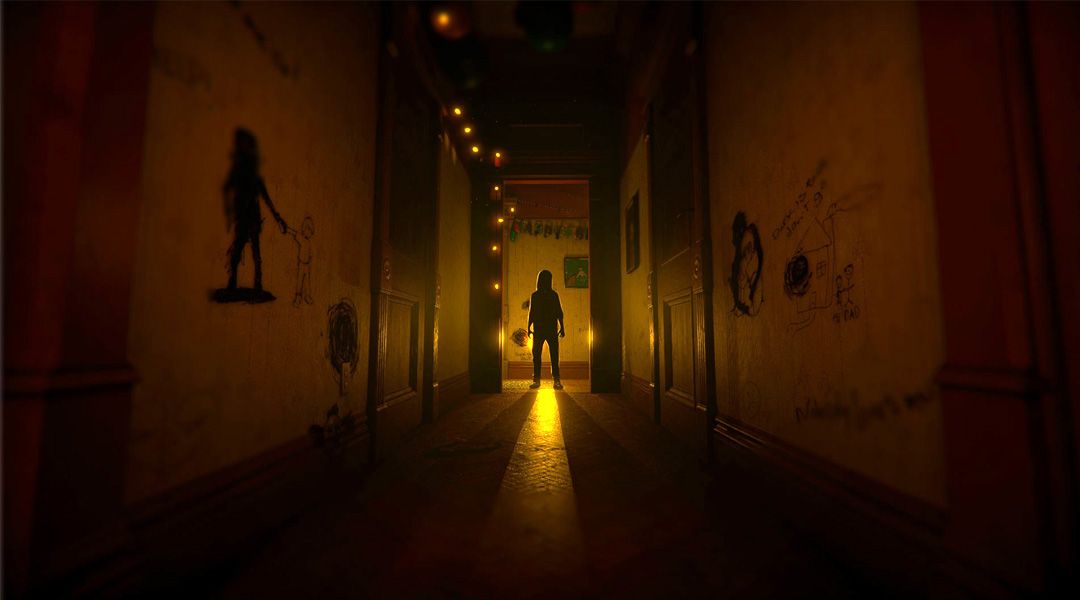When Ubisoft announced Transference back at E3 2017, there wasn't much known about the game aside from that it was a horror VR experience with Elijah Wood. We now know that the game is based in a corrupted digital simulation, which in turn is based on the collective brain data of a troubled scientists's family. This means gamers will run into plenty of pixelated problems in Transference, as they jump between memories and dimensions, with the digital realm appearing to be full of shadows, secrets, and even something stalking the player.
Spectrevision and Ubisoft Montreal have combined plenty of live action storytelling within the game, and it'll be on display within the creepy world that the two studios have created. The idea is that the experience will feel like a hybrid between watching a movie and playing a game. Players can also find objects throughout the game that, beyond developing the story, will unlock additional live action video sequences that can be accessed from the menu.
Game Rant recently had a chance to tour through the decayed memories of the Hayes family, and we found that there was no shortage of cryptic audio, unsettling environments, and the potential to get gamers' hearts racing as they solve what exactly happened to the family. Interested gamers can take a look at the 15-minute gameplay preview below:
Virtual reality gaming has gone through a fairly quick period of change since it broke into the mainstream with the Oculus Rift and PlayStation VR, though the simple task of how to traverse is still something developers are sorting out. When using a VR headset, Transference players can move via analog stick, which rotates them in roughly 20-degree jumps. Of course, the game is available outside of VR with smoother movement, but it's realistically the VR experience that's going to pull horror fans in. The studios did a great job building up the environments to contribute to this, as keen-eyed gamers might notice things like a child's drawing of a pixelated shadow monster before the threat itself shows up behind them.
Producer Kévin Racapé was quick to point out how much of an impact the attachment of a Hollywood veteran like Elijah Wood has had in terms of developing the game's plot: he says the storyline is very deconstructed, and gamers will have to piece together what happened for themselves. There'll be room left open for interpretation at the end of the game, he says, and Elijah helped craft a plot that should leave gamers feeling a range of emotions. Within Transference, players are simply themselves; there's no character role to fill, which allows gamers to interpret events on a personal level and potentially resonate with different family members. To that end, Racapé expects gamers to feel empathy for the Hayes family, with a second guess being sadness.
Coming in at $24.99, the Transference experience does cost a bit more than the film-based experience it is hoping to emulate, but its virtual reality compatibility boasts a level of integration no horror movie could hope to emulate.
Transference will release on September 18, 2018 for HTC Vive, Oculus Rift, PC, PS4, PSVR, and Xbox One. A demo for the game will release on August 20, 2018 for PlayStation VR and PlayStation 4.

